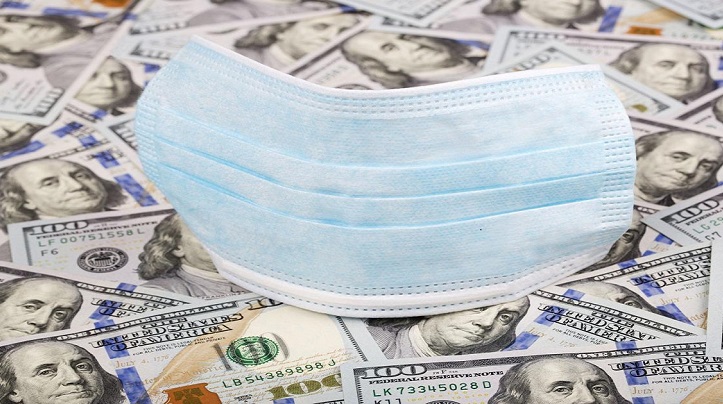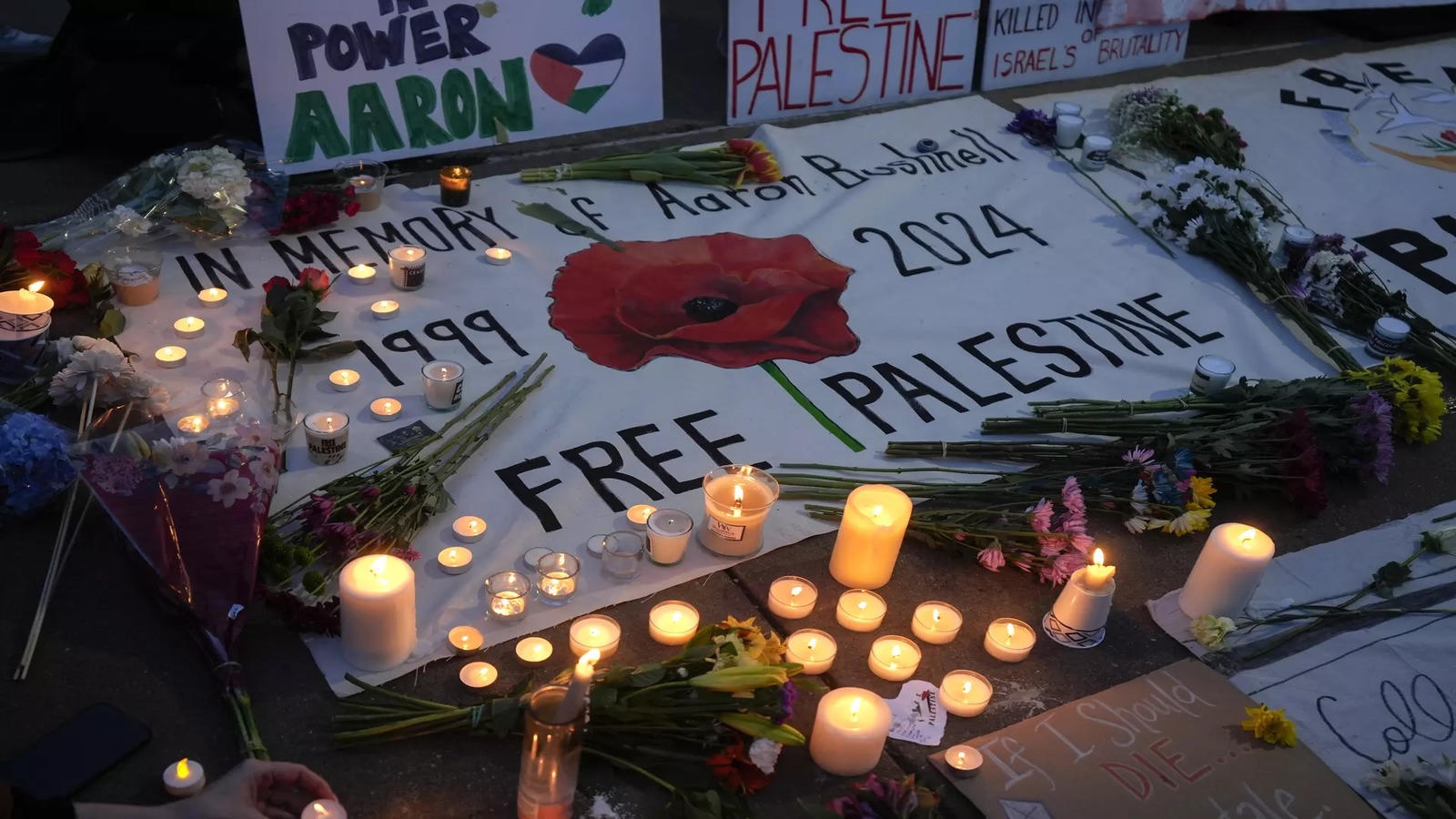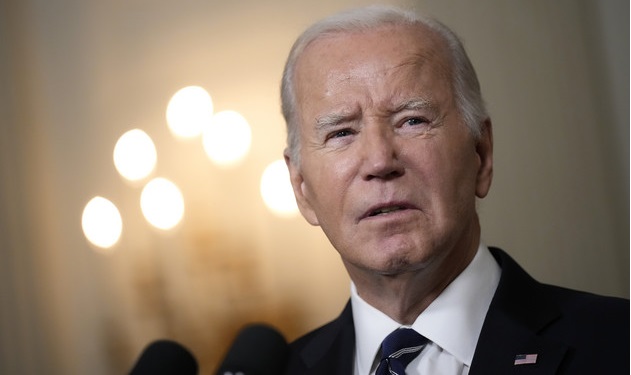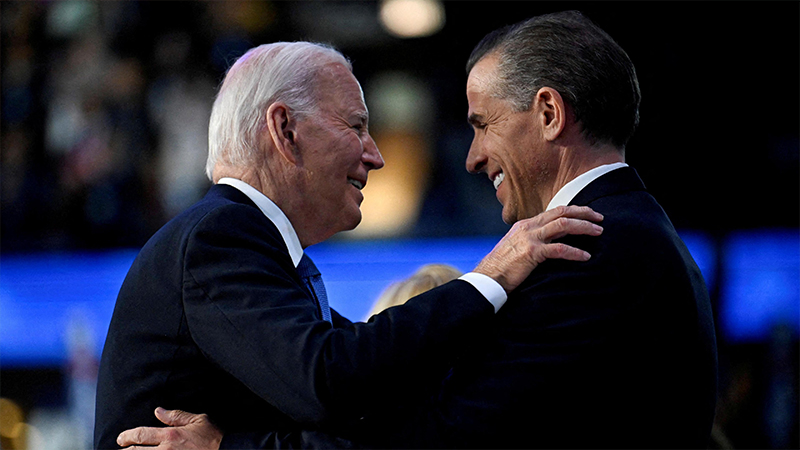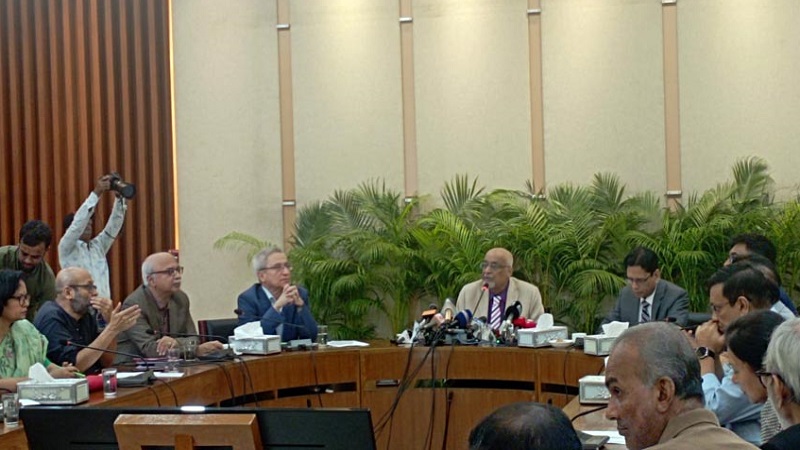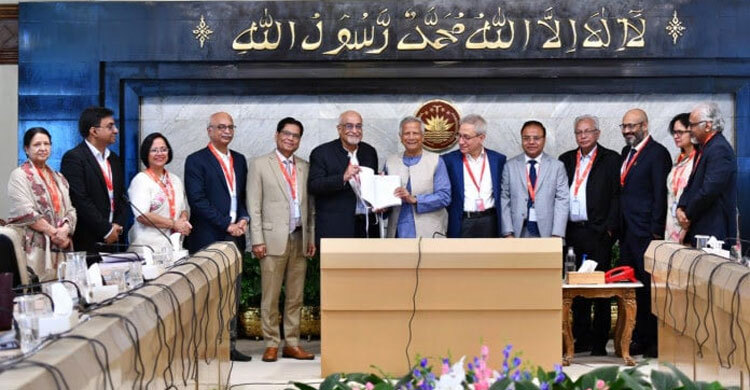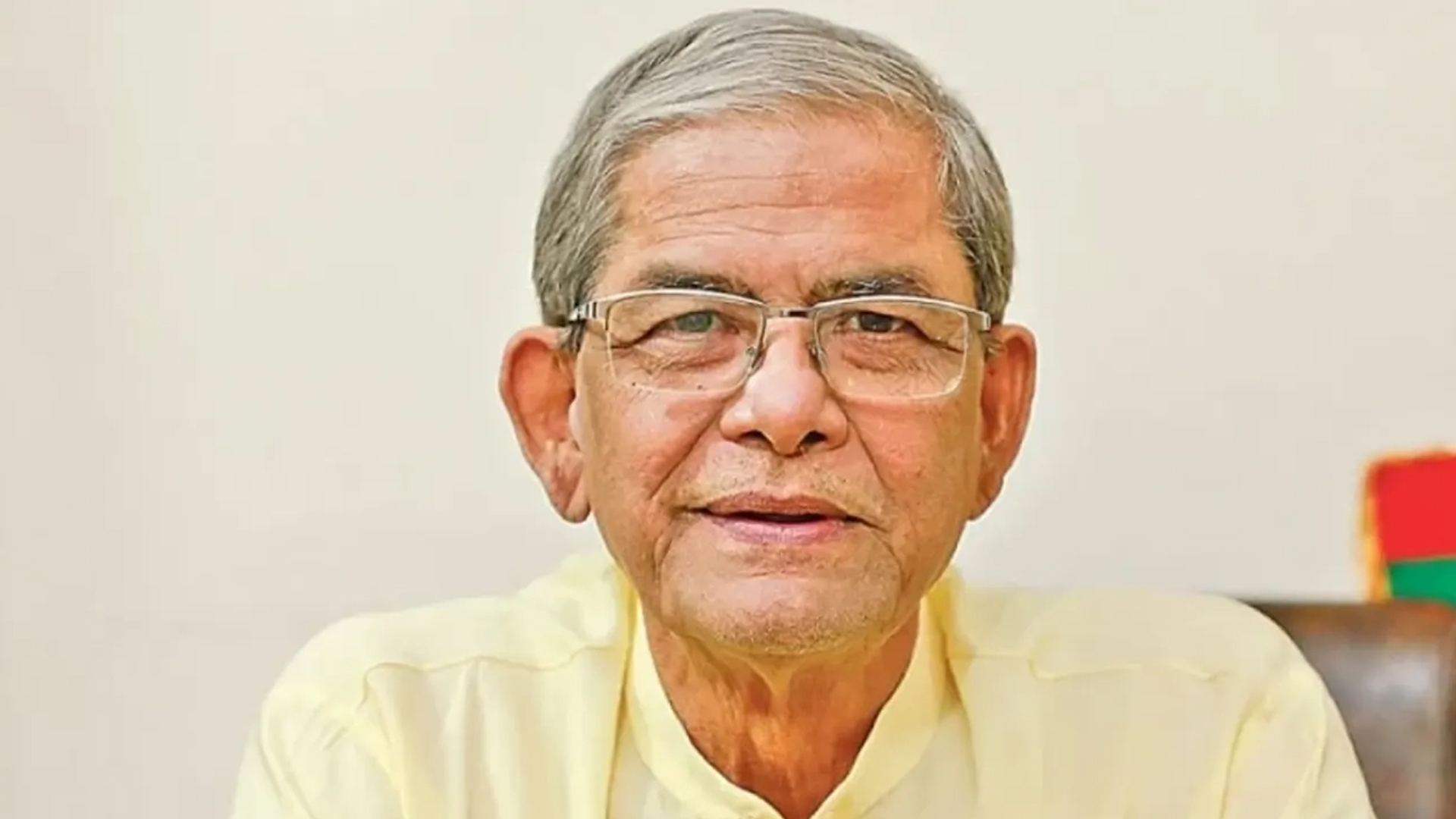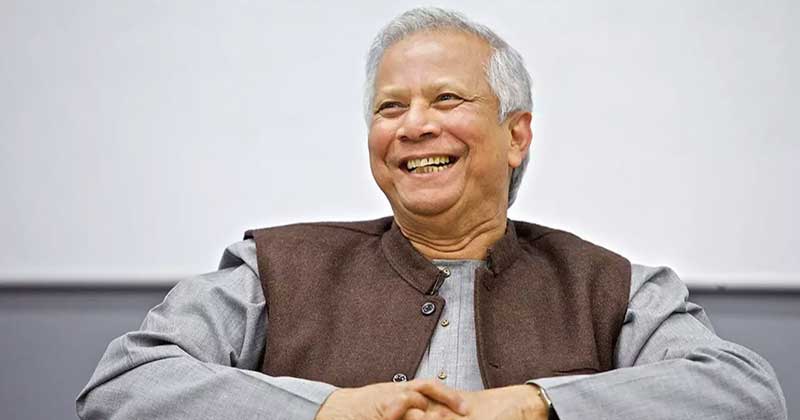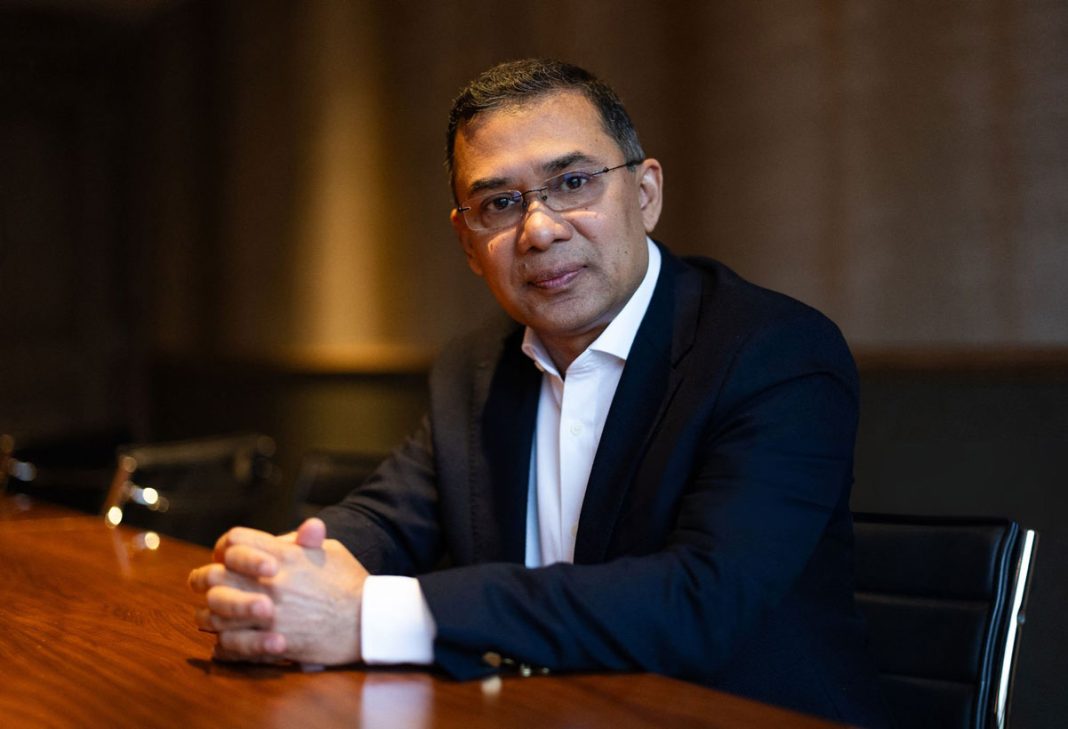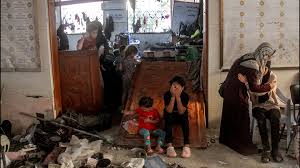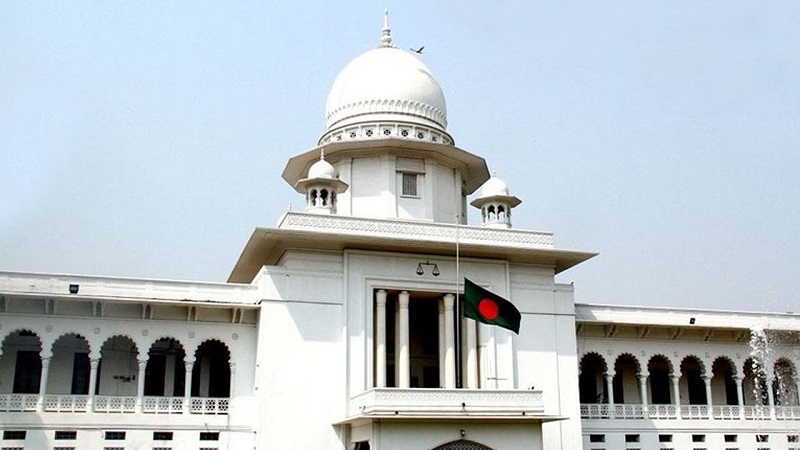The outgoing year 2020 was of course one marked by humanitarian catastrophe due to the coronavirus pandemic, and its associated economic costs meant the challenge for policymakers became one of damage control as almost no-one could completely avert its disastrous effects.
Economists are hopeful that 2021 will be the year to turn things around. Employment generation, revenue collection and increasing investment would be the main avenues through which the economic rebound has to be channelled.
The experts suggested the government should ensure good governance, focus on infrastructure development, increase private and foreign investment, enhance institutional capacity, reform policies and create skilled manpower to tackle the Fourth Industrial Revolution.
Bangladesh’s laudable gains in food supply during the pandemic when many developed countries are suffering, should provide the emphasis to reduce inequality as Bangladesh celebrates the 50th anniversary of its independence in 2021.
Talking to UNB, Distinguished Fellow of Centre for Policy Dialogue (CPD) Professor Mustafizur Rahman said Bangladesh passed 2020 through humanitarian catastrophe and economic disaster due to the COVID-19 pandemic.
“The government must ensure good governance, lay emphasis on infrastructure development, increase individual and foreign investment, enhance institutional capacity, reform policies, and pay attention to healthcare,” the noted economist suggested.
He added that employment generation, raising revenue collection and increasing investment will emerge as challenges for the country in 2021.
“The government announced stimulus packages for different sectors but it was not enough to overcome the crisis and go back to the position pre-Covid-19. The pandemic posed an impact on lives and livelihoods. Bangladesh performed well in food production amid the crisis too,” Prof Mustafizur also said.
Covid-19 pandemic and Lock down period
Bangladesh government announced lockdown from March 26 to May 30 in phases to prevent the spread of Covid-19 after getting the virus infected patient on March 8 in the country.
But the country’s educational institutions have been closed since March 17 due to the outbreak. The current closure of the institutions except Qawmi Madrasa has been extended till January 16, 2021. However, the students under PSC, JSC, SSC and HSC levels are promoted without final exams due to the pandemic.
Bangladesh confirmed the first death of COVID-19 on March 18, 2020. The country’s death toll rose 7,509 and the number of cases went up to 5,11,000. More then, 4,55,000 covid-19 patients have recovered, according to Johns Hopkins University CSSE Covid-19 data on December 29.
New Poor in Bangladesh
The pandemic leads to an increase of national (upper) poverty rate to 35.0 percent in 2020 from 24.3 percent in 2016, according to CPD.
Bangladesh Institute of Development Studies (BIDS) survey said the impact of Covid-19 will drive 16.4 million new poor in 2020.
Remittance inflow
Although Bangladesh performed well in remittance earnings amid the coronavirus fallout, the country may see decline in remittance inflow in 2021 as the outflow of workers abroad came down drastically in 2020.
Refugee and Migratory Movements Research Unit (RMMRU) founding chairman Professor Tasneem Siddiqui said though remittance inflow increased by 17 percent this year amid the pandemic over the last year, it will decrease in the next year. The migrant workers sent $19.69 billion dollar remittance upto November.
“The remittance has increased this year as it came through a formal channel instead of hundi during the pandemic period. Besides, gold smuggling also came down. Another reason is many migrants sent money fearing job losses,” she added.
“Some 3,26,758 migrants workers returned home in April 1 to November 30. Around 4,00000 workers have been destitute and their families fell at risk due to the pandemic,” Tasneem also said.
Professor Tasnem added around 7 lakh Bangladeshi workers went abroad with jobs last year. But only 183,682 could go abroad for employment this year.
Meanwhile, Finance Minister AHM Mustafa Kamal said the Bangladesh’s foreign exchange reserve crossed $42 billion on December 15 despite the struggle against the pandemic situation. However, much of the increase was also caused by depressed demand leading to fall in imports.
Garment sector
The garment sector is a key driving force of Bangladesh’s economy. It was not closed amid the pandemic situation to keep run the economic wheel. Even, the government provided Tk5000 crore to provide wages for RMG workers.
President of Bangladesh Garment Manufacturers and Exporters Association (BGMEA) Rubana Huq recently


